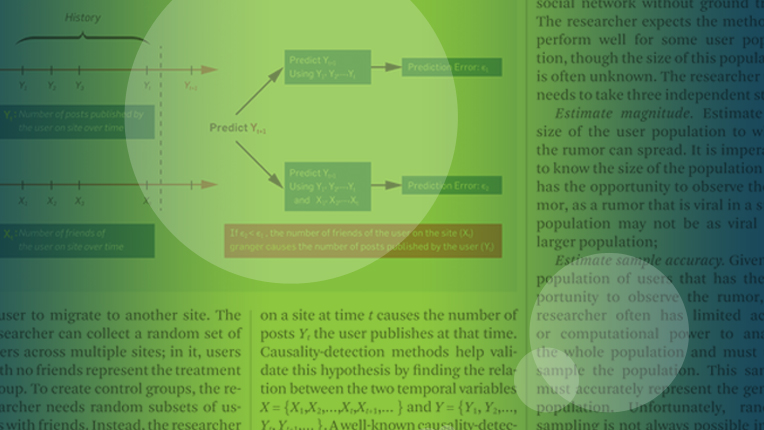SIGGROUP FY'04 Annual Report
July 2003 - June 2004
Submitted by: Wolfgang Prinz, SIGGROUP Chair and
Mark Pendergast, SIGGROUP Vice Chair
1. Awards that were given out
In the reporting period SIGGROUP did not give out any awards. The SIGGROUP Team Award was announced and publicized, however, not enough quality nominations were made in time for it to be awarded at Group 2003. Award description:
Award Amount: $5000.00
Criteria: The award will be given to a multi-disciplinary team of two or more people in recognition of their contribution to the advancement of the state-of-the-art in group work and groupware. Teams whose contributions were realized within the last five years are eligible for nomination. SIGGROUP executive committee members are not eligible for the award. Examples of contributions worthy of the award include an influential theory, an outstanding groupware application which is demonstrably successful or useful, a key interdisciplinary research result.
2. Significant papers on new areas that were published in proceedings
SIGGROUP03 conference continued the trend towards research in the areas of community support, group awareness and the combination of cooperation support functionality with augmented reality to address the issue of ubiquitous communication and cooperation support. In all, forty-one papers were presented in nine dual track sessions. These papers represented the best of over 120 submitted to the program chairs for review. Topics ranged from collaborative applications to support people with cognitive disabilities to supporting social interaction while motorcycling.
3. Significant programs that provided a springboard for further technical efforts
None
4. Innovative programs which provide service to some part of your technical community
We did not launch any particular program, but it is currently discussed to combine the subscription to the CSCW Journal with the SIGGROUP membership. This will provide an additional service and benefit for the SIGGROUP members. It is further discussed to offer cooperation and community support platforms such as BSCW to SIGGROUP members via the SIGGROUP web-site.
5. A very brief summary for the key issues that the membership of that SIG will have to deal with in the next 2-3 years.
From the organizational perspective, the most important issue for SIGGROUP is a re-establishment of the SIGGROUP board and catching up on the SIGGROUP Bulletin. In the spring SGB meeting, SGB Board named officers to fill vacant positions, Wolfgang Prinz to Chair, Mark Pendergast to Vice Chair, and Erling Havn to Treasurer. Elections cannot be held until back issues of the Bulletin are caught up. Three issues of the bulletin have been submitted for publication this year, and key members have been solicited to act as editors of special editions of the bulletin. To date, three proposals for special issue have been accepted. It is hoped that this will help catch up back issues and encourage submissions for future issues.
From the technological viewpoint, the emergence of new technologies like peer-to-peer computing, web services and semantic web will gain a significant influence on the development of future CSCW/groupware systems. Furthermore the combination of collaboration platforms with mobile, multi-user augmented reality systems will lead to a new forms of cooperation support in the office as well as the manufacturing environment. The integration of cooperation and communication functionality into every-day artifacts and the office environment offers new ways towards the realization of ambient intelligence - currently a hot topic in the EU research funding bodies.
ACM Case Studies
Written by leading domain experts for software engineers, ACM Case Studies provide an in-depth look at how software teams overcome specific challenges by implementing new technologies, adopting new practices, or a combination of both. Often through first-hand accounts, these pieces explore what the challenges were, the tools and techniques that were used to combat them, and the solution that was achieved.

Publish with ACM
ACM's prestigious conferences and journals seek top-quality papers in all areas of computing and IT. It is now easier than ever to find the most appropriate venue for your research and publish with ACM.

